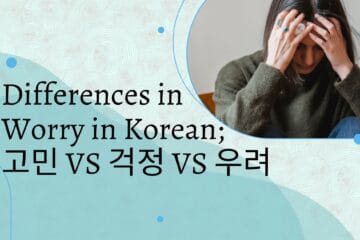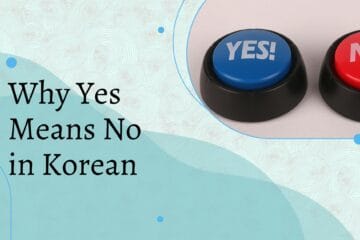보니 Grammar; Breakdown of ~다, ~고, & ~아/어 보니
Today, we will be taking a look at the 보니 grammar structure. Depending on what precedes it, the meaning can change a bit. So I will cover the 3 options and their rules and distinctions. With some example sentences for them all, of course! So let’s get into it.









